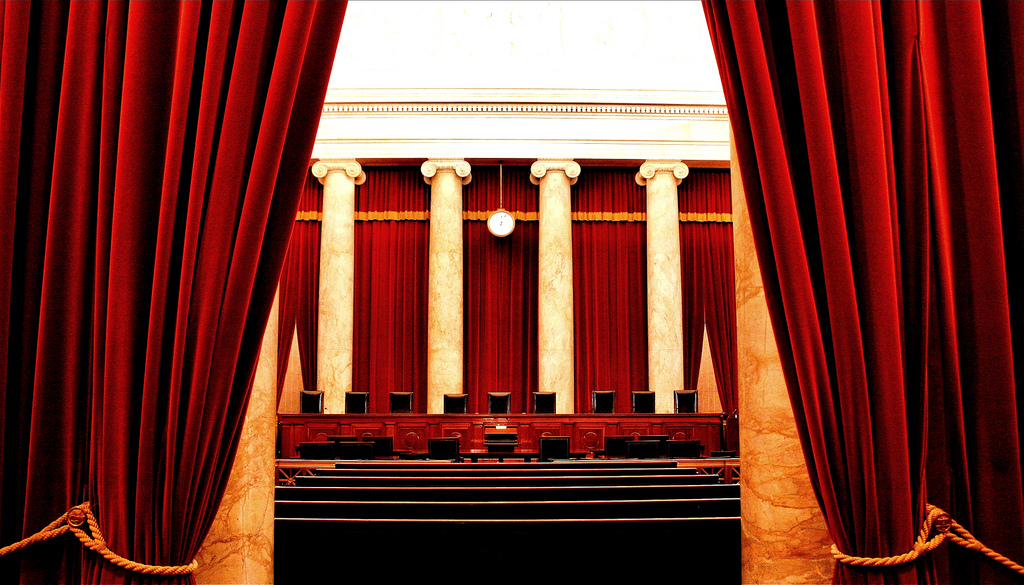DRRT’s Managing Partner, Alexander Reus, was invited to speak at the 17th Brazilian Congress of International Law and at The Center for Arbitration and Mediation of the Chamber of Commerce Brazil-Canada for presentations regarding investor protection in Brazil and around the world. He participated, along with Mr. Claudio Finkelstein and others, on a panel named “Shareholder Loss recovery: Arbitration vs. Litigation? Quo vadis?”.
DRRT’s Managing Partner Speaks in Brazil on Investor Protection Opportunities in Brazil and Around the World
Topics: Arbitration, Brazil, law, shareholders
Class Actions, Collective Redress and Mandatory Arbitration
Redress - Generally
In modern legal proceedings, different countries and jurisdictions have all had to confront a need to administer a large volume of cases that can arise out of a common set of facts. Often these cases involve relatively few defendants with many thousands of plaintiffs. In the context of investor recovery proceedings, a common circumstance is that a business entity and its directors are accused of wrongdoing (the defendants). Often the defendants’ conduct is alleged to have caused recoverable harm against many injured investors (the plaintiffs). The many investor-plaintiffs largely all share the same injury caused by the related conduct of the same relatively few defendants. In resolving this and similar situations, countries have developed a number of approaches.
Topics: Settlement, U.S. Securities Class Actions, Arbitration, Class Action
The Future of U.S. Securities Class Actions – at Risk? The Rise of Forced Shareholder Arbitration
History and expansion of arbitration in the United States
The U.S. Federal Arbitration Act (FAA) was passed on 1925. Since then, the Supreme Court has interpreted it on a number of cases, finding that the FAA prevents state legislation from prohibiting or limiting the use of arbitration clauses in all sort of contracts, even those designed to protect workers’ rights (Epic Systems Corp. v. Lewis 584 U. S. ____ (2018)), or consumer’s rights (AT&T Mobility v. Concepcion, 563 U.S. 333 (2011)). Consequently, arbitration clauses have become more common. It has become almost impossible to challenge arbitration clauses, even if they hinder access to justice and while challenges may still be brought, the arbitration panel itself must examine them.
Topics: U.S. Securities Class Actions, Arbitration


